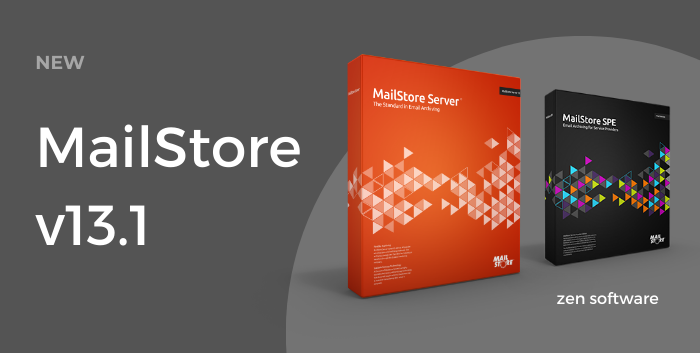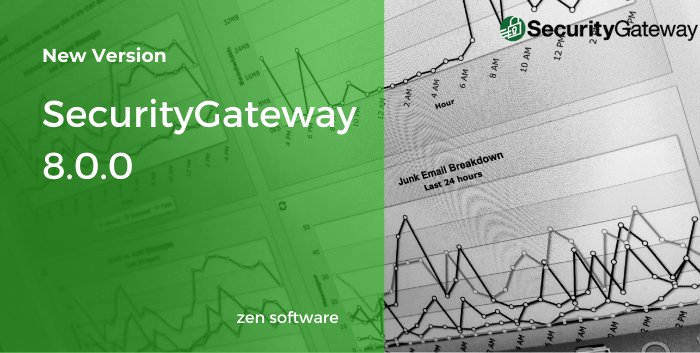Ransomware is right up there as one of the worst types of malware your clients are likely to come across.
Not only is there the risk of being locked out of computer systems or important databases, but there's the additional risk of public backlash and damages to reputation.
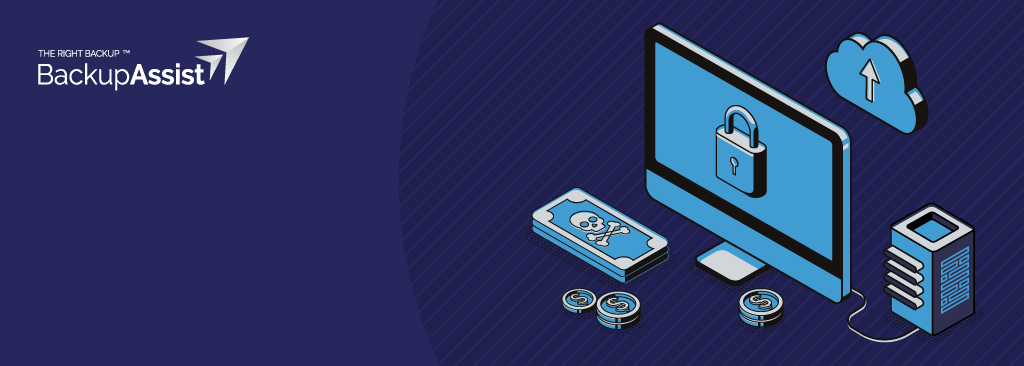
As you'll have no doubt seen in the press - if the breach is large enough, ransomware attacks can easily become high-profile media events and the ransom demands can be incredibly tricky to manage.
If they do pay the ransom for their data, not only is it an admission of defeat, but it can also be a significant financial hit.
What's more, there's really no guarantee they’ll gain access to their systems again.
Once the scammers have their money, there isn’t anything but goodwill compelling them to return what was already taken.
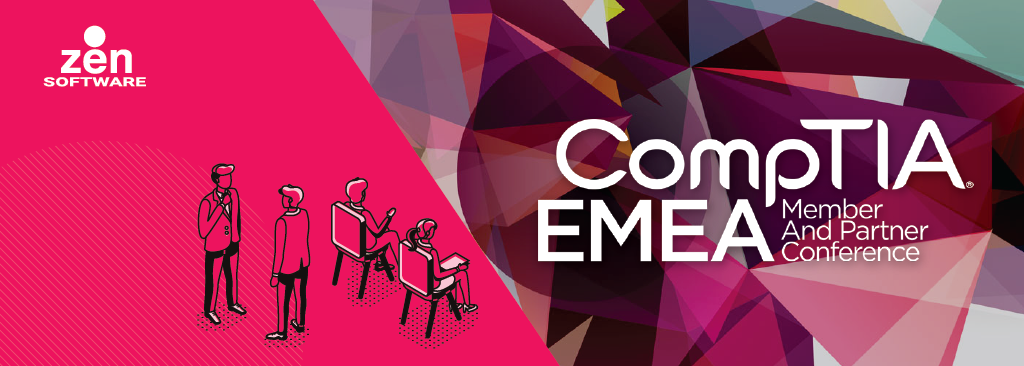 We're in the privileged position where this now looks like it will be possible, and I can't think of any better event to mark our own return to meeting with real-life 3D people again, than the annual CompTIA conference held this year in Liverpool St, London.
We're in the privileged position where this now looks like it will be possible, and I can't think of any better event to mark our own return to meeting with real-life 3D people again, than the annual CompTIA conference held this year in Liverpool St, London.




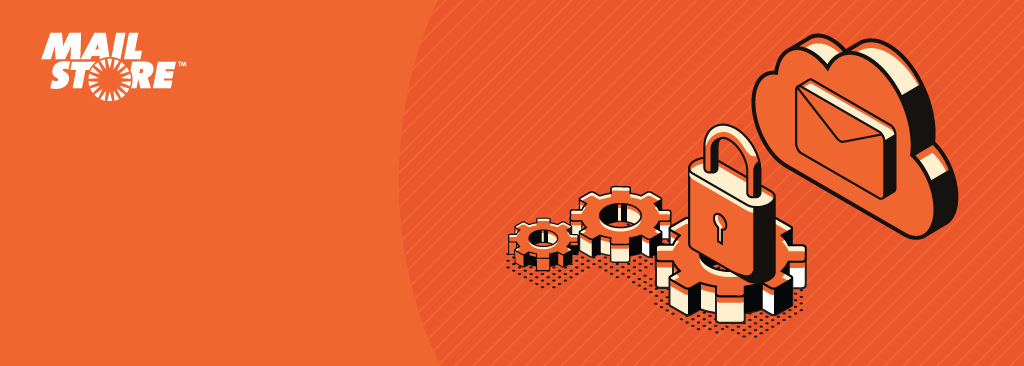
 It’s your responsibility to keep up to speed with the latest threats, to wade through the sea of stats, opinions, materials and demos for new tech that the vendors (and distributors like us!) send your way, and to make the important decisions on behalf of your clients.
You've no doubt been doing this for years, but recently there's been a concerning plot twist.
It’s your responsibility to keep up to speed with the latest threats, to wade through the sea of stats, opinions, materials and demos for new tech that the vendors (and distributors like us!) send your way, and to make the important decisions on behalf of your clients.
You've no doubt been doing this for years, but recently there's been a concerning plot twist.
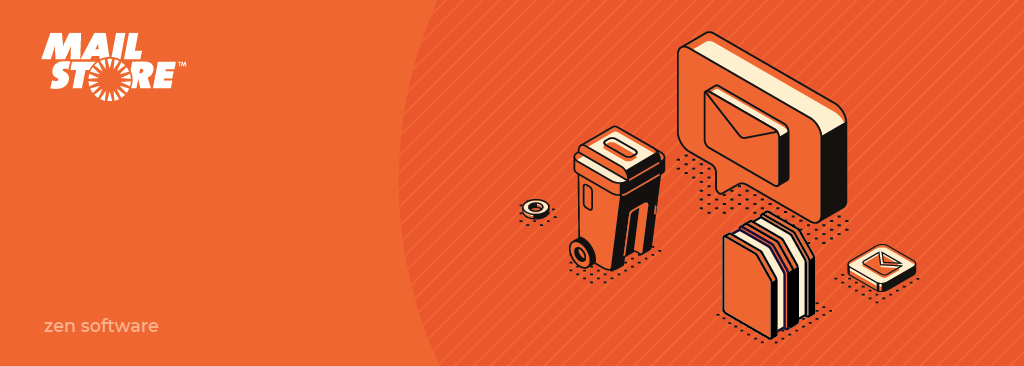 The mailboxes of your customers are rapidly growing treasure troves of useful, important and sensitive information, and that will continue to be the case for years to come.
This makes them ticking time bombs if not cared for in the right way.
The mailboxes of your customers are rapidly growing treasure troves of useful, important and sensitive information, and that will continue to be the case for years to come.
This makes them ticking time bombs if not cared for in the right way.
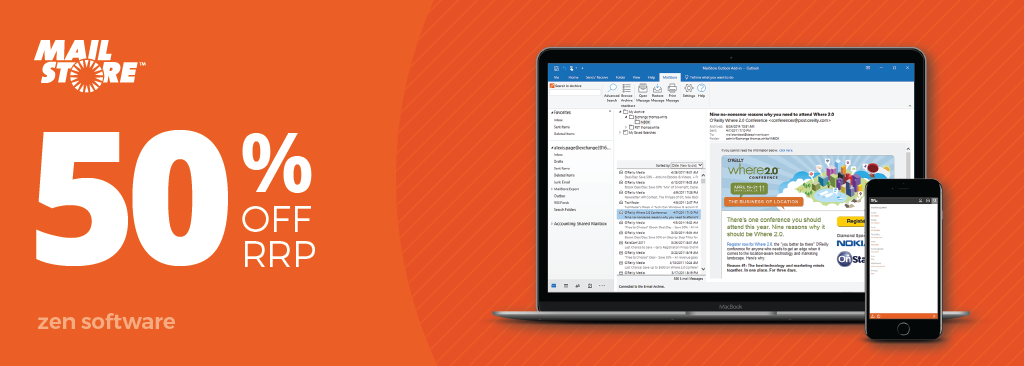 There'll be continued support for Exclaimer Mail Archiver up to September 30, 2022, but if your customers aren't yet ready to give up the many benefits of an independent email archiving solution, you'll need to be discussing migration to a better alternative.
There'll be continued support for Exclaimer Mail Archiver up to September 30, 2022, but if your customers aren't yet ready to give up the many benefits of an independent email archiving solution, you'll need to be discussing migration to a better alternative.
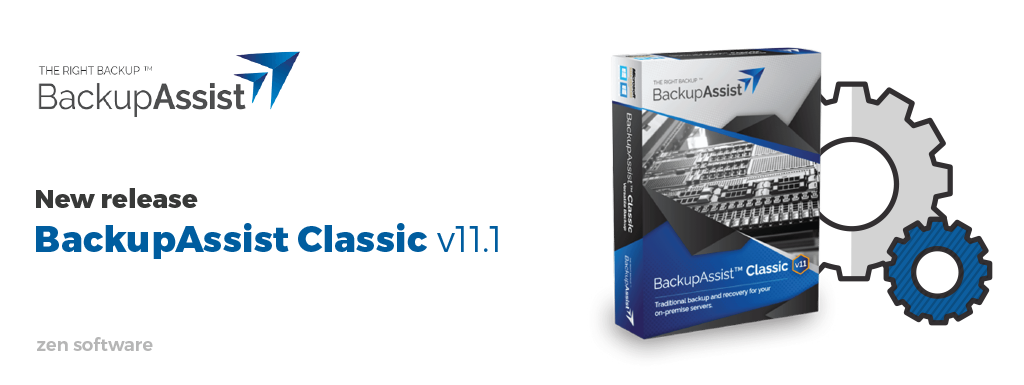 If you're working with customers using BackupAssist to protect their on-premise Exchange installations, you'll be pleased to know BackupAssist have now improved their Microsoft Exchange Granular Restore module which includes support for Exchange 2019 up to CU9 and 2016 up to CU20.
If you're working with customers using BackupAssist to protect their on-premise Exchange installations, you'll be pleased to know BackupAssist have now improved their Microsoft Exchange Granular Restore module which includes support for Exchange 2019 up to CU9 and 2016 up to CU20.
